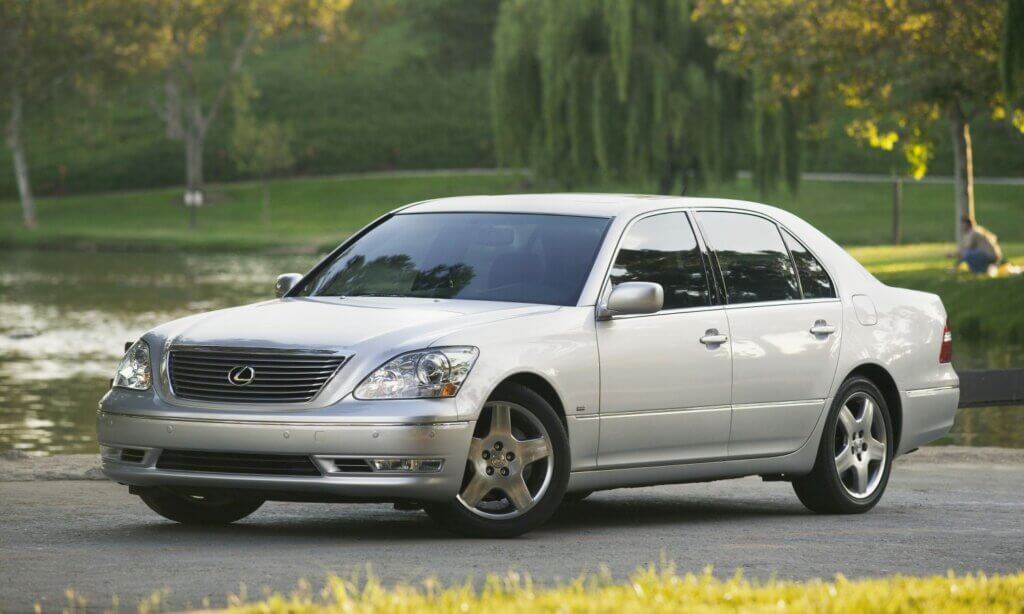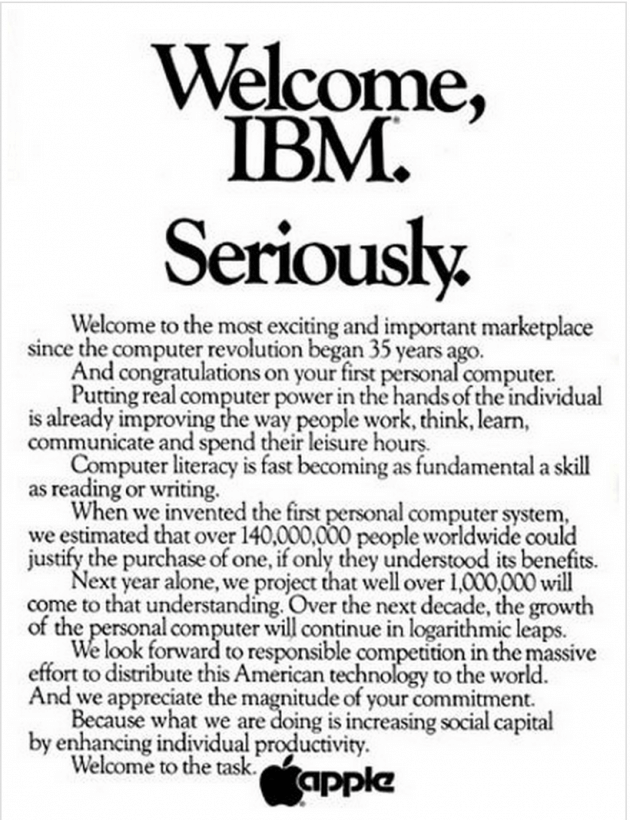Too many business leaders view competitors as “enemies” to be “beaten” or “destroyed.” This short-sighted approach holds companies back, encourages unethical behaviors, and becomes a missed opportunity to motivate and inspire your team.
What’s Your Mission and Vision?
Does your company have a mission statement and a vision? Why does your organization exist? What do you aspire to?
Keep your eye on the ball! Don’t get distracted. Focus your thoughts and energy on advancing your mission and vision.
How can you use opponents and competitors to help your team realize your mission/vision?
Find a “Worthy Rival”
Study your competitors and choose a “worthy rival.” Don’t demonize them; learn from them!
A worthy rival will help your team see things in a new light, give you new ideas, and motivate you to push a little harder.
Beware of Pride
Beware of blind loyalty to your organization and your own ideas. Don’t condemn all others to being wrong, stupid, or immoral. Arrogance like this becomes a boat anchor that slows you down and hampers your team’s efforts to continuously improve.

Alan Mulally’s Example
When Alan Mulally became CEO of Ford in 2006, he was asked what kind of car he drove. His answer? “A Lexus. It’s the finest car in the world.” ?!?!?!
What was he thinking? Didn’t he know this would upset loyal employees and customers?
In his first days at the company, he drove home a different model Ford every night. After driving a Taurus one evening, he asked if he could drive a Toyota Camry the following night. The answer was, “No. We just have Fords.” Mulally quickly arranged for Ford to buy a whole fleet of competitors’ cars and instructed his executives to start driving them.
“I was never trying to beat GM or Chrysler” Mulally says. He used the competition as “worthy rivals” for benchmarking and insights on how to improve Ford. And it worked! Just a few short years after he took over, Ford’s fortunes had improved enough that they didn’t have to take a government bail out during the Great Recession like GM and Chrysler.
Bad Examples
In contrast to Alan Mulally, look at the way Blackberry, Blockbuster, Kodak, Myspace, Sears, taxi companies, and book publishers responded to new competitors. They ignored the competition, tried to copy the competition, or tried to destroy the competition (using lawsuits, etc).
What would have happened if they had viewed their competitors as worthy rivals?
Apple vs IBM
In the late 1970s, Apple and other companies like Commodore and Tandy were creating a new market for personal computers. At first, these personal computers were toys and hobbies, but then they started to be more.
IBM, the 800-pound gorilla of mainframe computers, noticed this shift and with seemingly unlimited resources produced their first “PC” in just 12 months. This terrified Commodore and Tandy, but not Apple.
When IBM’s first PC went on sale in August 1981, Apple took out a full-page ad in The Wall Street Journal with the headline, “Welcome, IBM. Seriously.” The ad went on to describe the personal computer revolution as an “exciting and important” movement that would “put real computer power in the hands of the individual” and change “the way people work, think, learn, communicate and spend their leisure hours.”
The ad closes with, “We look forward to responsible competition…and we appreciate the magnitude of your commitment. Because what we are doing is increasing social capital by enhancing individual productivity. Welcome to the task.”
Do you think Apple would be where they are today if they had never encountered competition from the likes of IBM and Microsoft?

No Competition Creates Mediocrity
What happens to organizations that don’t have competitors? Do we see huge improvements and innovations, delighted customers, and happy employees? No. We see bureaucracies swimming in a sea of mediocrity and entitlement.
It sounds counterintuitive, but we need competitors to help us accelerate and progress towards our mission/vision.
Who is Your Worthy Rival?
Who is your worthy rival? Who can help you improve? Do you have the humility to acknowledge their strengths? Will you use this healthy competition to build a better business?

